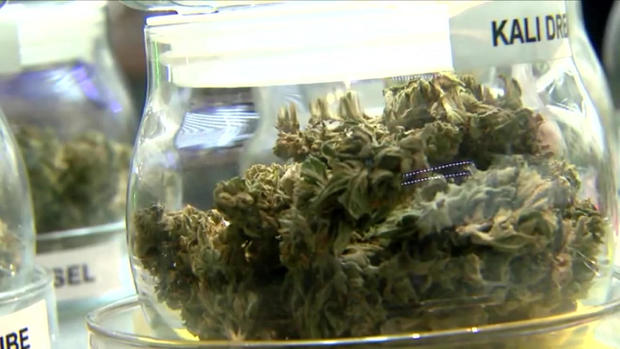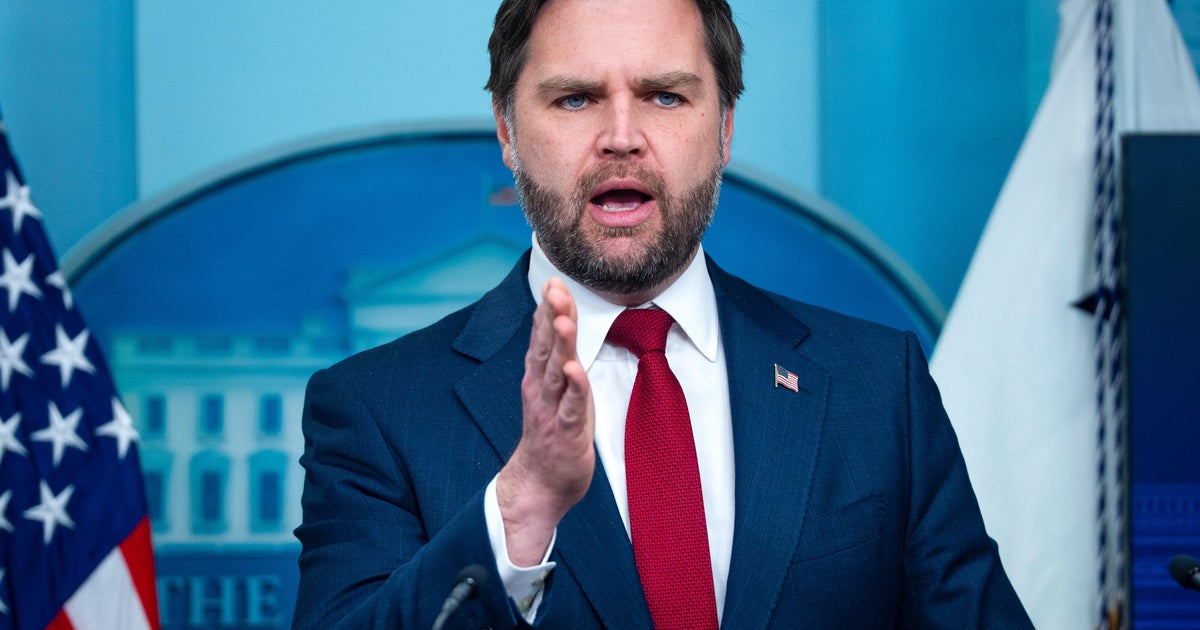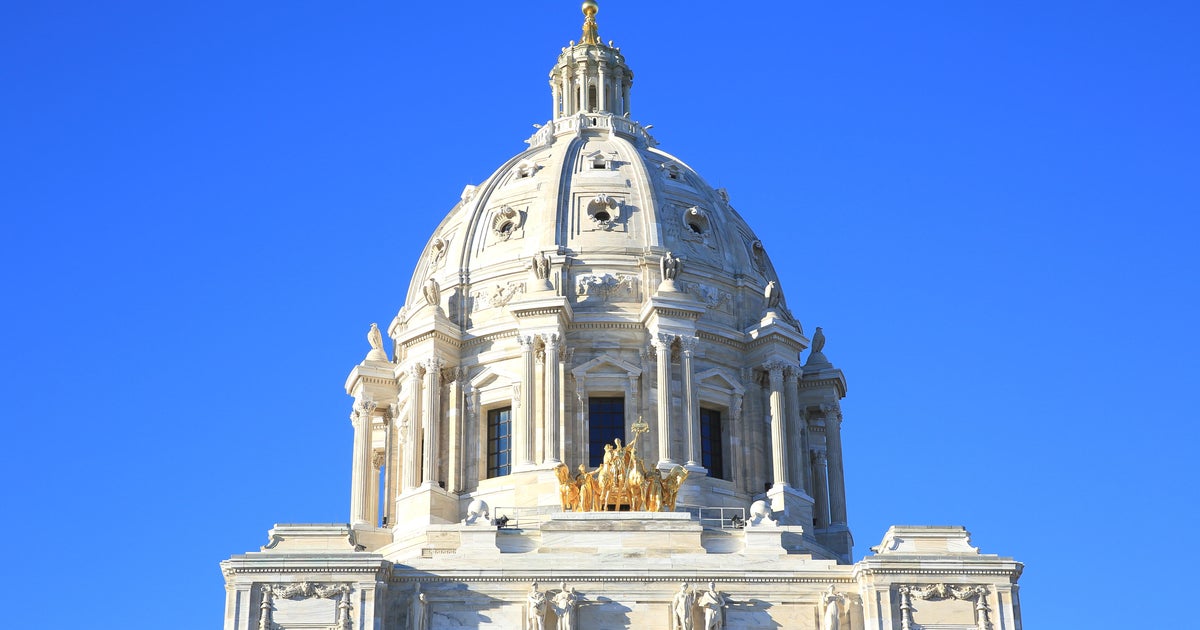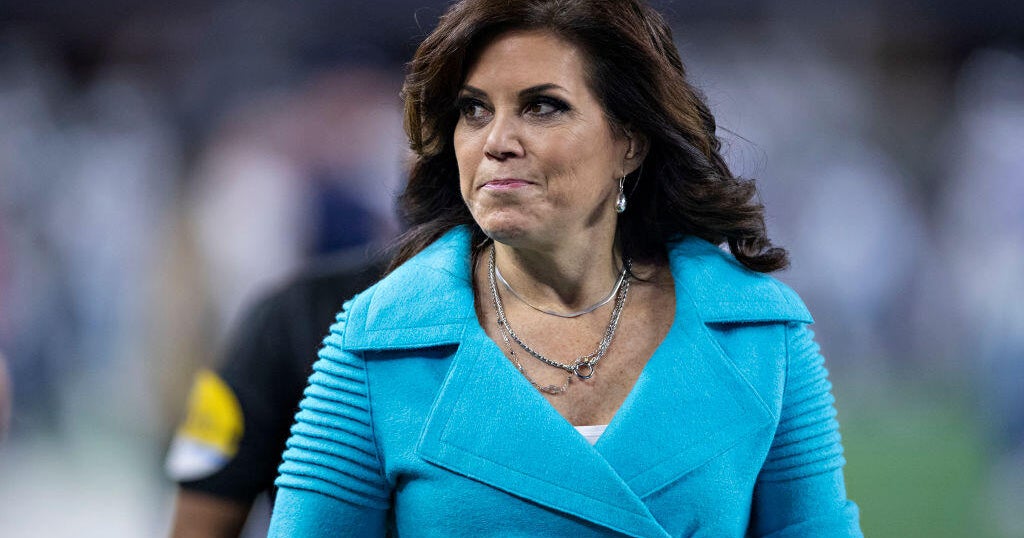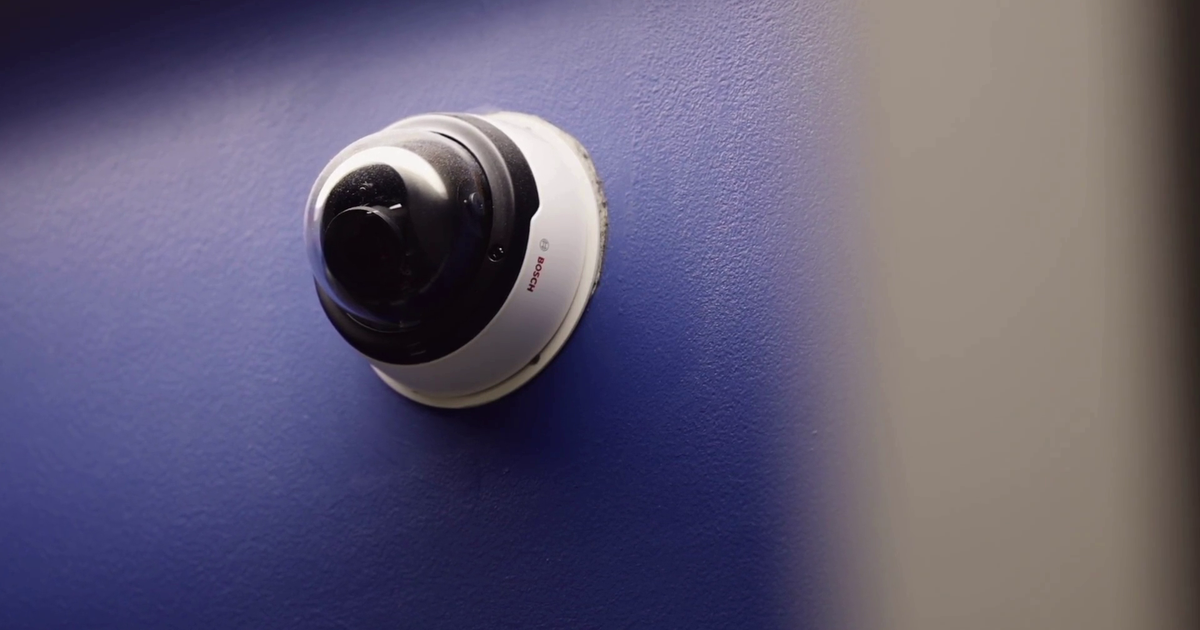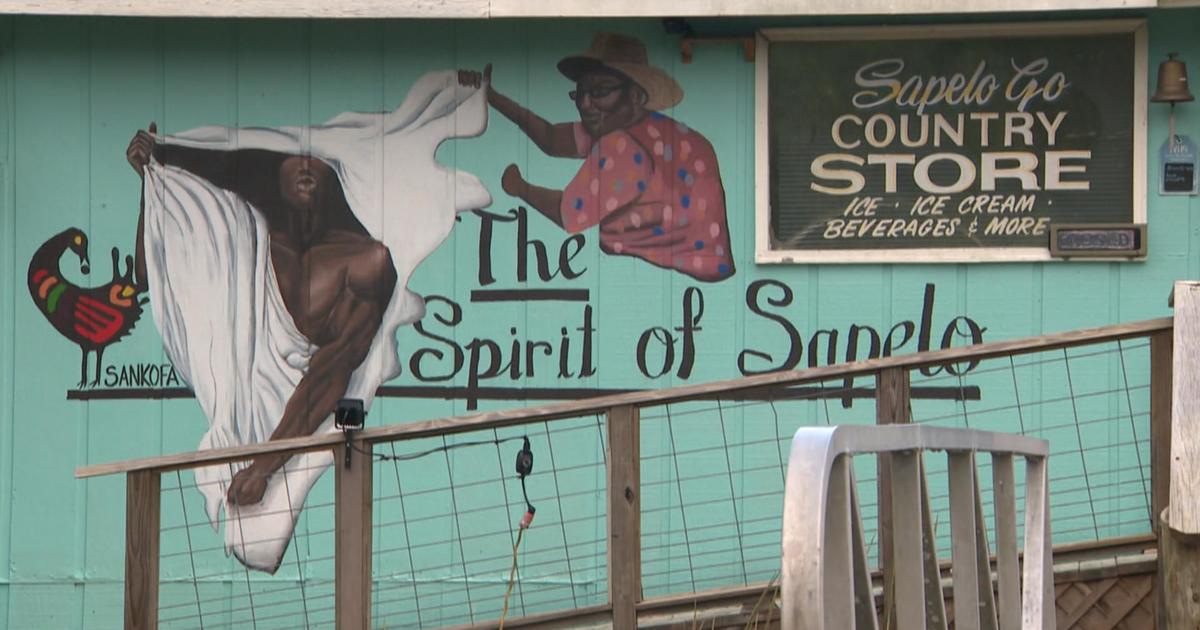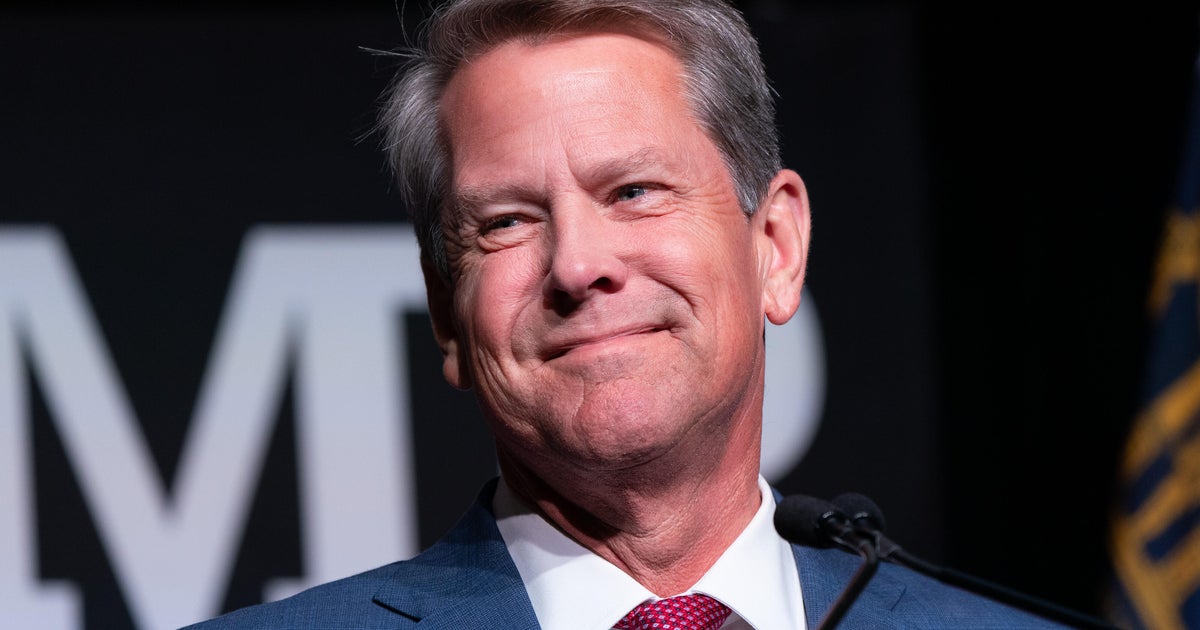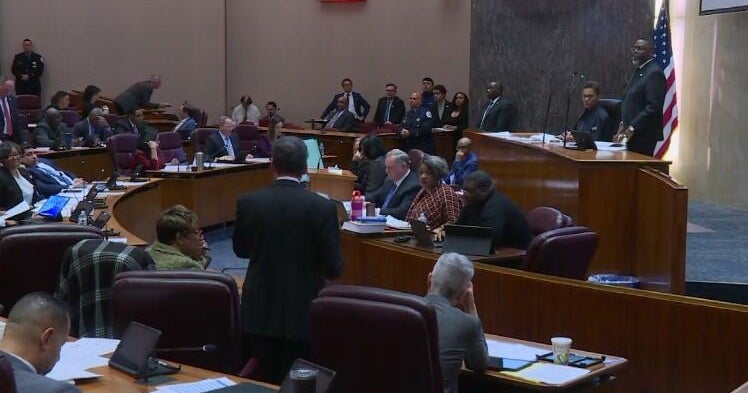The business of marijuana: What would it look like if Minnesota passes a law legalizing it?
ST. PAUL, Minn. – The DFL-led legislature is on track to legalize recreational marijuana this year, a move that would usher in a new industry and bring with it new rules and regulations.
UPDATE: Minnesota House passes recreational marijuana bill in vote of 71-59
But what would it look like to try to bring a black market industry into the light?
Types of business
The legislation establishes a new state Office of Cannabis Management, which would be the primary regulator. Local governments would have some power to determine where businesses would be allowed to operate in their communities.
New marijuana business licenses would cover all parts of the production and distribution: from cultivation, manufacturing, wholesale, and retail -- to even delivery of products and event organization.
There would also be separate licenses for the existing medical marijuana marketplace and if a business wants to produce and sell only low-dose THC edibles, which became legal last summer.
But there are limits to how many licenses a person would be allowed to get. One of the authors' goals with the legislation is to limit vertical integration, or a big company controlling all parts of the supply chain.
A business owner could not be both a grower of marijuana -- defined as a cultivator in the bill -- and also operate a retail dispensary, for example. But a "microbusiness" and "mezzobusiness" are notable exceptions, allowing a single operation to cultivate, manufacture and sell marijuana so long as it complies with limitations on how much it can grow and how many stores it can operate.
Zach Rohr, owner of Cannon Falls-based Minny Grown, is still catching the tailwinds from the legislature's move to allow the compound that can produce a high in food and drinks, as long as it comes from hemp. His business grows the crop -- a cousin to marijuana -- and manufactures THC gummies.
He is eager to cash in on the new cannabis business opportunities with marijuana legalization, weighing what looks best for him and his company. He's thought about a microbusiness license.
"It seems like the intent of the bill is to give local farmers a chance, to give the local retailer a chance," Rohr said in an interview. "So that's really what we're hoping with [the bill] -- all of these licenses just create this whole new economy in Minnesota."
Who can apply?
Only adults 21 and older are allowed to operate cannabis businesses and use marijuana. There are Minnesota residency requirements to apply.
The bill gives the new state cannabis office discretion to issue the number of licenses that will meet demand. There is a "scoring" mechanism to rank applications, including criteria like security, business and environmental plans.
There would also consideration given to "social equity" applicants, like those impacted by cannabis convictions under current law.
Tax structure and fees
Products sold would be subject to normal sales taxes and an additional 8% gross receipts tax on marijuana, putting Minnesota at this point on the lower end of the scale compared to other states.
Supporters of the measure have stressed they don't want the tax structure to be burdensome so it would allow a black market to still flourish.
There'd be application and fees that can cost upwards of $20,000 depending on the license.
Limitations due to federal law
Twenty-one states have legalized weed for recreational purposes and even more for medical use. But it's still a Schedule I drug at the federal level, which means a business owner cannot deduct business expenses from federal taxes.
Because of that federal prohibition, banks see it as a legal risk and most won't work with cannabis businesses, forcing some businesses to operate a cash-only enterprise that can leave them vulnerable to theft.
Josh Wilken-Simon, owner of Legacy Glassworks, sells handmade glass pipes by artists from across the country. He said he's been preparing for "inevitable" legalization since he first opened his storefronts in Minneapolis and Duluth more than a decade ago. His hope is to open a dispensary, despite the risks.
"Anyone who enters the cannabis marketplace in Minnesota or across the country is taking a massive financial risk and it's not going to be easy for anyone to operate -- not only those tax implications but big business in general often dominates a brand new marketplace," Wilken-Simon said. "I'm willing to take the risk to be able to provide the people in Minnesota what they want, and to do it in a responsible way."
The legislation has had more than two dozen committee hearings since the beginning of session, at which time stakeholders and lawmakers discuss the bill and make revisions. The most recent iteration of the bill, which came after a large amendment was added on, includes a separate license for businesses that want to stick with just hemp products and avoid the potential baggage associated with marijuana, which was an ask of local brewers who had seen a boon with THC beverages.
Hemp became legal in 2018 in a move by Congress, removing it from the same drug classification as marijuana if it had no more than .3% of THC on a dry weight basis.

